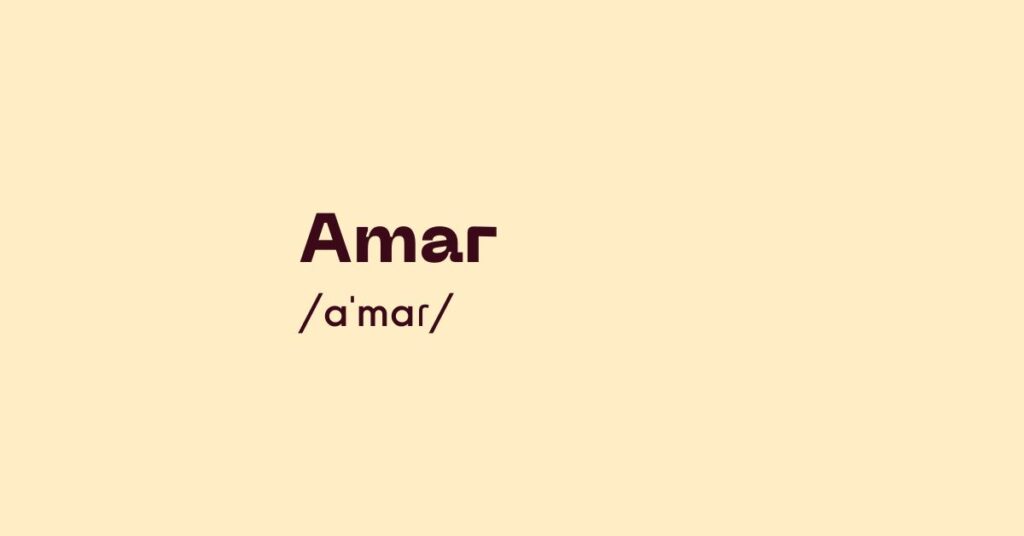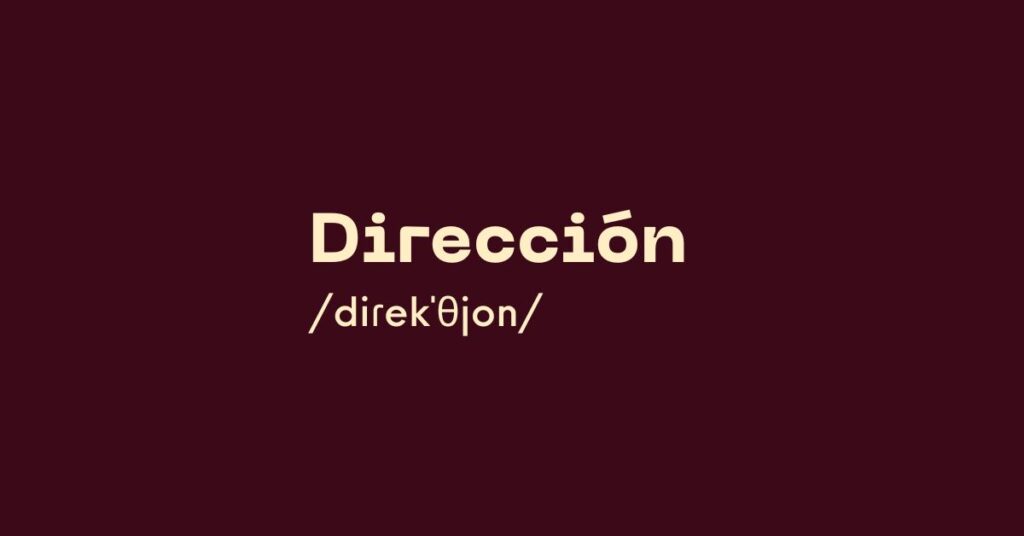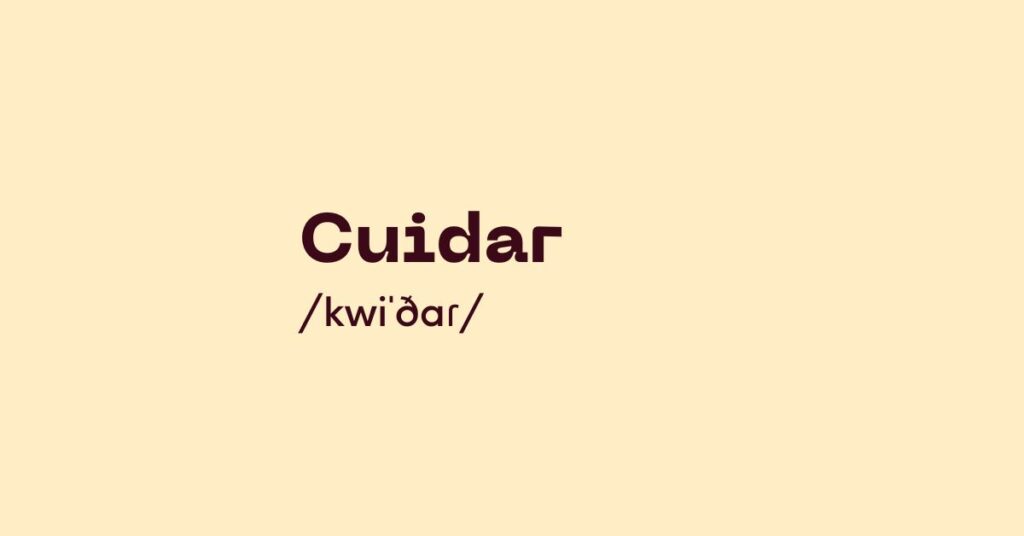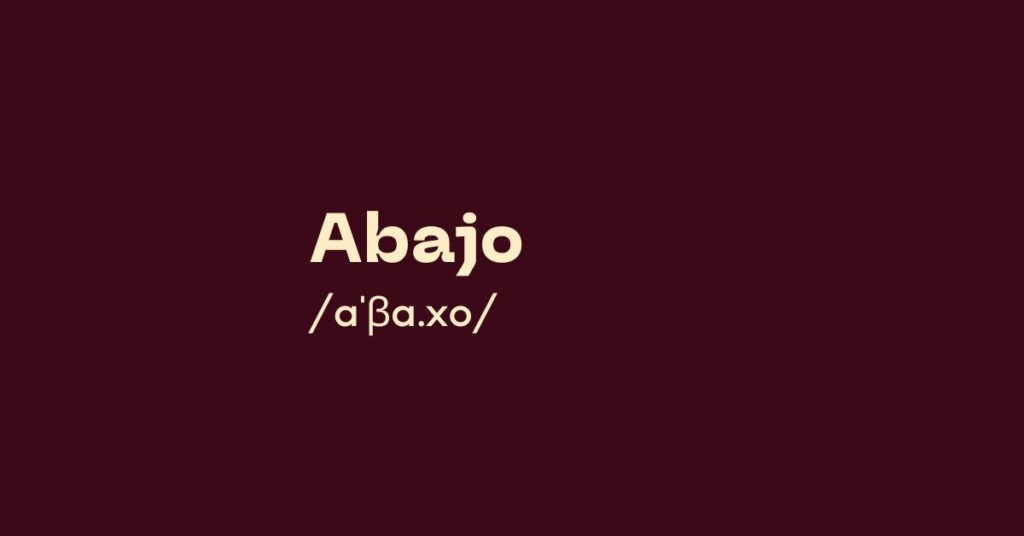Comida
Today’s Spanish word of the day is “comida”. It’s a feminine noun meaning “food” or “meal”. In Spain and Mexico, it’s also used to refer specifically to lunch, while in most of Latin America it can be used to refer specifically to the evening meal. The word “comida” comes from the verb “comer”, meaning “to […]









